Community Connectors: Lainie Liberti
As we share in our book Wonder Year, Lainie Liberti has left an indelible mark on the worldschooling landscape. Often working in tandem with her son, Miró, Lainie has created a blog, a podcast, classes, retreats and summits, teen mentorship programs, and several social media communities. She has also written a book and is currently authoring another.
We were lucky to catch up with Lainie for an extended chat from her home in Guanajuato, Mexico.
So many of us in the worldschooling community know who you are. For those newer on the scene, can you tell us about your journey?
Sure. In 2008, I was a business owner and a single parent living in Los Angeles. I had worked in advertising and marketing for 18 years, the last eight of those with my own agency. When the economy crashed in 2008, I knew I was going to close my business. I wasn’t going to bring back my staff the following year, and my clients started going away. I remember being frustrated and overworked, with lots and lots of stress. And then just having this inspired thought one night late in the office. My son Miró was nine at the time and it was too late for him to be in the office, but I still wasn’t done with my work. He was playing a video game, and I just said to him, Miró. And he stopped. He looked over at me and I said, What do you think if we just get rid of all this stuff? And you and I go have an adventure?
I didn’t even know where that inspired thought came from. I wasn’t planning on it, hadn’t been thinking of it. It just came out of my mouth. And he said, Are you sure? And then before he replied, he said, I have one question: if we do it, do I have to go to school? And I said, no. And he’s like, yeah, let’s do it.
So we started excitedly talking about it. We decided that we would leave the following year, get rid of our stuff, sell it or give it away to downsize. We were going to just travel for a year, and I wanted to go south. Our plan was to go into Mexico and then head south overland via bus, take the time that we needed in each location and end up in Ushuaia, Argentina. I created a little nest egg so when we came back, we’d have some money to restart. All the things we needed to do to make this trip our trip, we did in partnership. And then one year turned into 15 years, and we never did make it to Ushuaia! We just haven’t gone home.
What does community mean to you? How have your programs helped foster a sense of community among worldschoolers?
I guess the best place to start is that the desire for community never came from an outward need. It came from the inner desire to connect. And a lot of that is an extension of the mental health work that I did to prepare myself to be a good parent. When we started out on our journey, it was just the two of us, and that was enough. For the first couple of years, it was about the connection between Miró and me–creating a stronger bond, really talking about our inner worlds while experiencing the outer world, healing, learning together, and growing together.
A lot of the traveling was so rewarding, so fulfilling. And coming from hyper-commercialism and -consumerism, we shed that and started living on way less money and connecting with the humanity around us more. We really started to ground ourselves in being present in our lives by cooking together, going to the market and having relationships with the vendors, being friendly with them and being invited in and exploring their lives, and by meeting people from all over the world. It was really about digging deep and the cultural exploration and the conversations about our own worldviews and about our humanity that helped us to expand.
When Miró hit adolescence, he started to kind of feel disconnected with the journey we were on. Just with the biological changes that happen around that time, he was feeling isolated. We had conversations about it–do we want to go back, do we want to make changes in our life? We were living high in the Andes, in Peru, and his only ability to connect with others was through the local children of potato farmers. There were expats around, but they were mostly coming through and leaving to go to Machu Picchu. We weren’t forming relationships with them.
So, our idea was to create a temporary learning community for teens. It would include immersive learning and social learning with all the people around us. It was just another inspired idea that sent me down a path of learning everything I could about teenage brain psychology. I learned about conflict resolution and about holding space. I learned about sacred ceremonial spaces by studying a Native American tribe, and I learned philosophies on how to facilitate power. I learned everything I could about the stages of development in the adolescent brain. That allowed me to tap back into the tools that I used in my own mental health journey. And then I was like, okay, I feel prepared. Let’s do it.
How did all this lead to the Project World School retreats?
Soon after, Miró and l launched our first business together, Project World School. And for the first few years, it was amazing. We created our circle structure and functioned in a partnership, but in the early years he was mostly a participant. And a friend of mine, a French traveler, helped me co-facilitate based on the structure we designed before the retreat. I learned so much about hosting communities.
As we did our first retreat, we figured out what worked and what didn’t, then we adjusted the next year. With those changes, the retreats became a little more polished. Communities are very much based on intention. I learned everything I could about the participants and the stages of development that they were in, and the ways and tools to serve them.
Our retreats are based on consent and consensus. We interview people before they come in, and we start off with a set of agreements. We talk about what the next day is going to be in our evening circles. We use consensus because if one person doesn’t want to do it, that means their needs are not being met. We try to accommodate everybody who has opted into this experience and find out what is not working, and to use tools and strategies for managing and holding space for people when they’re outside of their comfort zone so they feel seen, heard, and understood. It’s really about intentional communities, and because it is temporary, there is this greater sense of urgency to fill every moment. And as the organizing adult, I am taking responsibility for the safety, wellness, and mental health of the teens–they are other people’s children I am serving.
We had about a 75% return rate for retreats before the pandemic when we were doing anywhere from three to five retreats a year. We had great experiences; people felt very connected to it. We ran ten conferences in different places around the world. Our first one was in 2016, and we ran them until COVID, and our most recent one was in March 2023 in Mexico.
What do those events look like now?
We do two kinds of trips with teens. We do a short format for the younger teens stepping into being on their own for the first time. Then we’ve done a longer format–we just did one in Thailand in November.
We’re going to be doing a bit of restructuring to Project World School. We’ll continue the shorter trips.
Miró wants to do an 18+ trip, which will have a different flavor, more like peer/mentor. He’ll soon be turning 25. It’s a great transition and he’s really excited to start leading. The biggest challenge for me in stepping away from the longer trips is the caretaking and safeguarding I do as a mom, which gives parents confidence when they’re sending their kids to a retreat. I’m accountable and responsible for all these kids.
What about your early online offerings?
First, Miró and I produced a podcast. And it was like our mom and son project together – it really wasn’t for other people to listen to. Every place that we went to, we would research together and talk about either the history of the place or find a story about it. And then we’d find somebody interesting, and we’d interview them. Like I remember we were in Panama and Miró was really interested in two things at that time, zombies and pirates. And that became a part of the podcast. It just was so much fun putting together the episodes.
They became popular in a strange way. They were on our website–there were no streaming services at the time–we just uploaded the files, and we played them and had our show notes pages. It was just a lot of fun. And then we started getting travel questions from people who listened. There were hardly any other travel blogs, especially family blogs, especially single-parent family blogs. So I was blogging, too. I’d write about travel fears and all that stuff.
Can you tell readers a bit about your Facebook groups?
I started getting a lot of travel questions in Facebook groups I was in. And somebody said to me, why don’t you start a Facebook group for traveling families? At the time, we were unschooling. I knew intuitively a year of travel would be way more educational than fifth grade, but I discovered there was something called unschooling, and we were already doing it in partnership. I started including unschooling into my blog and getting questions about that as well.
One of the people we ended up interviewing for our podcast was a young man, Eli Gerzon, who was unschooled as a youngster and through his teen years. When he became a young adult, he started traveling more, but he always hated the word unschooling so he called it worldschooling. I was like, that is the coolest thing ever! We met him when he was in his late 20s, and he was doing other things, so he had outgrown it. So when I started getting questions, I was like, I’m going to call this worldschooling.
Eli had started a Facebook group called Worldschoolers. It was dormant for like five years; there were less than 200 people in there. I asked him if I could take over the group because I had a vision for it, and he said sure. I built it up to more than 40,000 members. It was built so we could tap into the brain trust of the community, because I couldn’t answer everything. Instead, everyone could ask each other.
Later I moved away from the Worldschoolers page, and now I manage another page called We Are Worldschoolers. The Summits have dedicated pages I administrate, too.
Let’s switch gears to some of your other projects. You wrote a book called Seen, Heard & Understood. Can you tell us about it?
It’s about understanding parenting and partnering with teens for greater mental health. The book is a combination of personal stories and scientific research. It’s a psychological exploration for the reader to understand themselves in order to connect in the spaces where teens or adolescents are needing connection. The book talks about how to manage the trigger responses you have when interacting with them. I wanted to understand that from a neurobiological perspective, a hormonal perspective, and an evolutionary psychological perspective. And then understand it from a sense of self and use connection as the foundation, not coercion. The book has a lot of information, but I made it easy to absorb. I’m not a PhD or MD; I’m a researcher and a mom who has lived this.
And you’re writing another book now, too?
Yes. It’s about partnership parenting which is really anarchist parenting, like how to parent without rules, without the authoritarian paradigm, what tools to use and how to manage moving through challenges. There’s neuroscience and psychology and all this stuff wrapped into it–there’s a lot of multidisciplinary places that I’m pulling from. I’m going to self-publish it like I did my first book.
You have a new class on getting started with worldschooling. Can you tell us more?
We’re doing a three-hour course on how to create your family culture, with tools and strategies on how to worldschool from a family culture perspective. This is such an important part of anybody’s worldschooling journey. Every worldschooler should understand it as a foundation before they set out. Before they budget, before they sell their stuff, before they make their itinerary: they need to get their house in order. We also wanted to make the class very low cost–it’s just $25–and accessible online.
Did I see that you are also planning a Summit reunion?
Yes, that too! Because everybody’s telling me they want another Summit, and I kind of miss them. There’s a big part of me that knows I’m kind of an elder now. My son is grown. But I miss creating conferences. I miss the community. I loved the connections and for me it was very, very important to normalize the worldschooling experience for kids–for them to meet other kids who worldschool.
What’s outside your window right now? What fascinates you about where you are?
I love Guanajuato, where I live. It’s colorful. It’s a university town, there are young people and we have a big arts festival here. There’s theater, music, and all kinds of art everywhere. My house is funky, and I have an art studio and being able to paint again is really lovely. I have a garden on the roof. There’s a peach tree and a lemon tree. This is the place for me at this stage of my life. Miró lives in his own apartment in town.
If you could go back to the beginning of your journey, are there things you wish you’d known that you’d share with others?
I really didn’t know what I didn’t know and what I needed. I mean, people ask me for advice all the time. And, you know, it’s always like, slow down, let life unfold, be present. But those are things that you have to experience in order to know their value.
Which of those is the hardest for you to live by?
I guess being present, because I come from a culture of busyness, of productivity. My mother would say, if you’re lazy, you’re worthless; you’re doing nothing, you’re not contributing. And so I had this really tough relationship with relaxing. And although I already got really good at multitasking and reaching lots of goals, there’s still a part of me–even though it’s been healed–that doesn’t feel worthy unless I am doing, doing, doing. When I was a kid, I used to say to myself, I’m going to live a great life and show them. It put me in that habitual belief that I still need to show them, whomever “them” are.
Do you think that’s why you keep creating new things?
Probably, but I wouldn’t know what else to do with myself. I spend time in the garden. I play with my dogs. I paint.
Do you feel like you get to enjoy your creations, too?
Remaining curious and playful are core values to me, and I am really in my element when I’m with teens. I will always carry the responsibility of holding space, but I get to unapologetically be playful, too. I get to do improv and be crazy and tell stories and work on shocking the teens and getting them to laugh and connect. That’s where I feel most alive.
What else are you doing with teens?
I offer a 12-week online course for teens. Our 13th cohort is going to happen soon. This is where I teach the tools in my book, and create a safe space for teens to be exactly where they are on their journey. These courses are filled with weekly challenges, reflections, accountability, and sharing. Most teens feel a sigh of relief when they finally recognize two things: there are tools to manage stress, anxiety, depression, and other experiences; and, they are not alone.
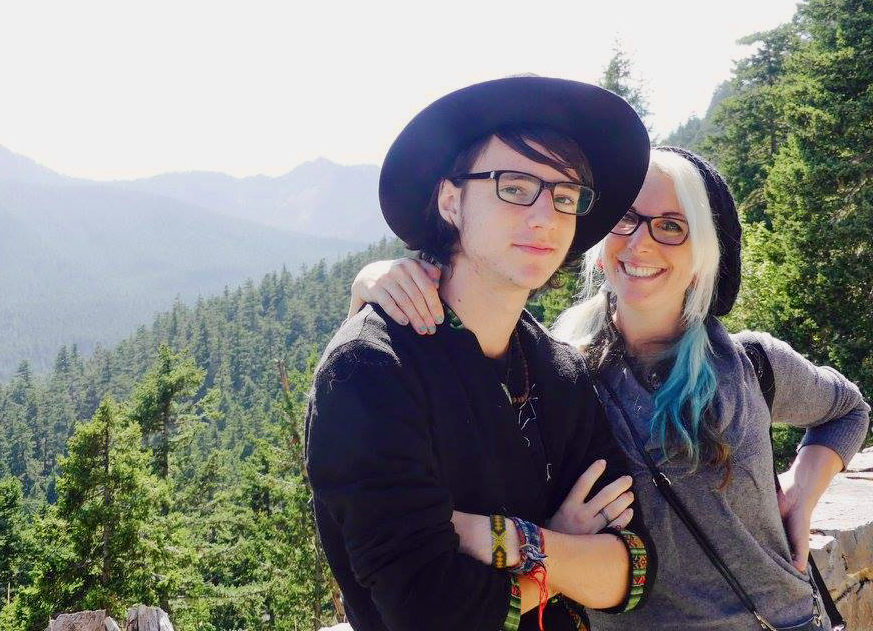
I also show up weekly for two online meetups for teens. Thursdays are for teens 15 and older. There’s a 21-year-old there who started at 17, and she still comes! And I do a group on Saturdays for tweens and younger teens ages 11-14. The meetups are totally free, online safe spaces. The first hour we have conversations. We talk about philosophy. Like today we talked about whether a person’s nature can change. Or we do “Would You Rather,” so we can talk about their choices. And then the second hour we play, like games or drawing or creating music or writing stories. So it’s playful, it’s joyful. And they know I’m that adult who shows up for them every week so they know they’re important. And they won’t let me quit.
Clearly, you’re giving a gift and the participants gain a lot from it. And listening to the energy in your voice, it sounds like you do, too.
I love it. I love it. It’s just my honor to do it.
We are grateful to Lainie for spending time with us and sharing her personal stories and thoughtful perspectives. You can use these links to find out more about her offerings for teens, parents, and the worldschooling community at large.
Mentoring and courses for teen mental health: https://transformativementoringforteens.com/about/
Partnership parenting courses: https://partnershipparent.com/
Trips and retreats: https://projectworldschool.com/
Summits: https://www.facebook.com/groups/ProjectWorldSchoolFamilySummit
Worldschooling community: https://www.facebook.com/groups/weareworldschoolers
Lainie’s personal page: https://www.instagram.com/ilainie/
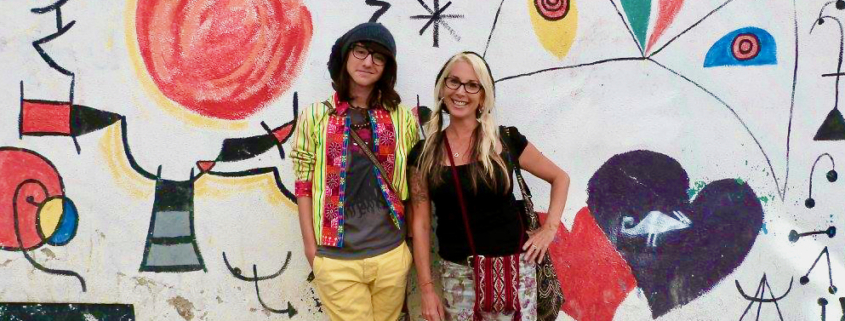
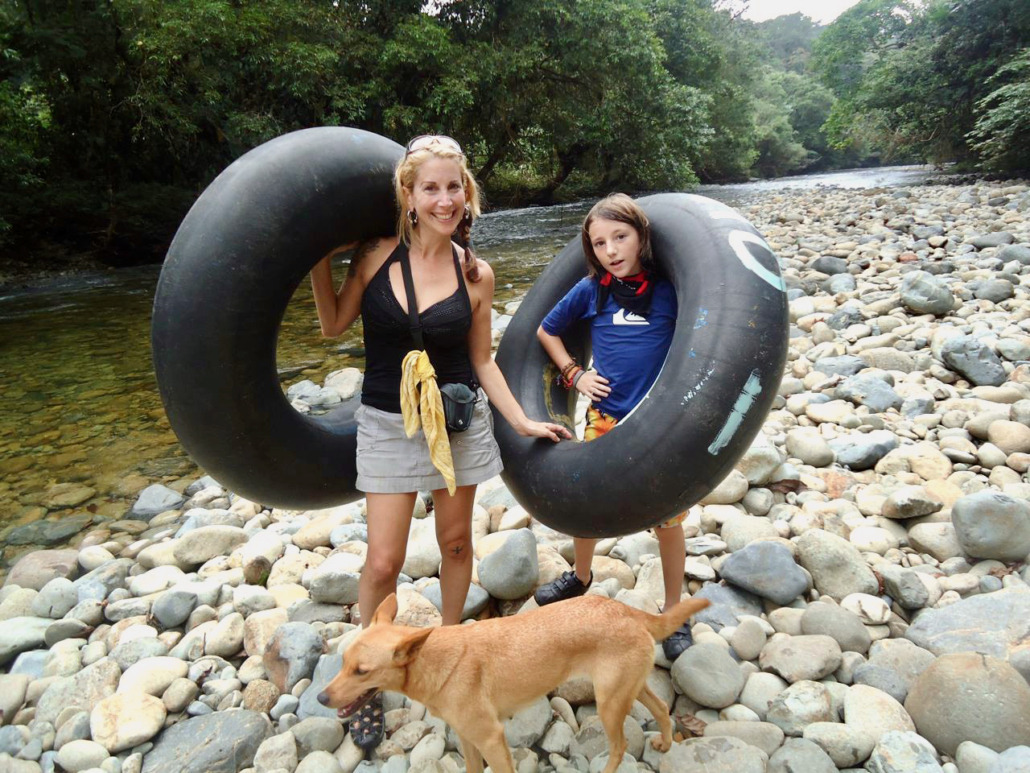
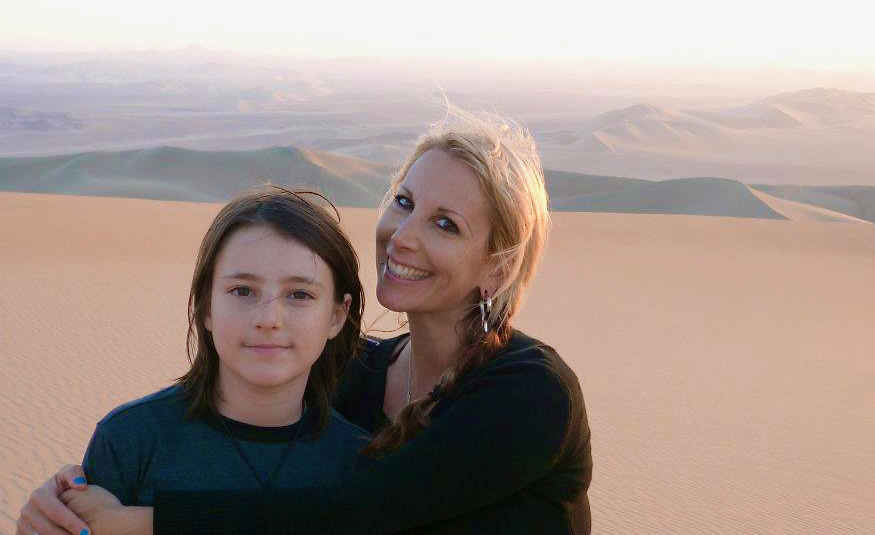
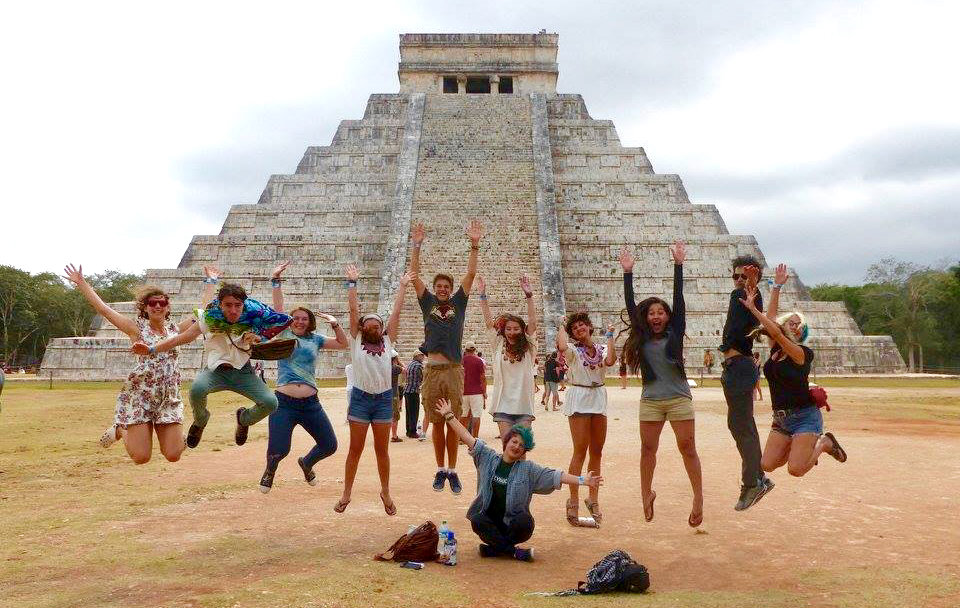
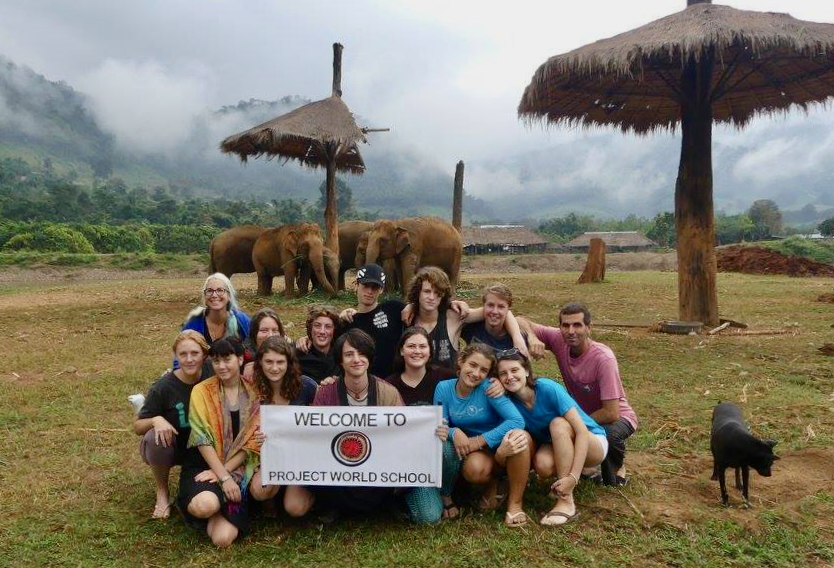
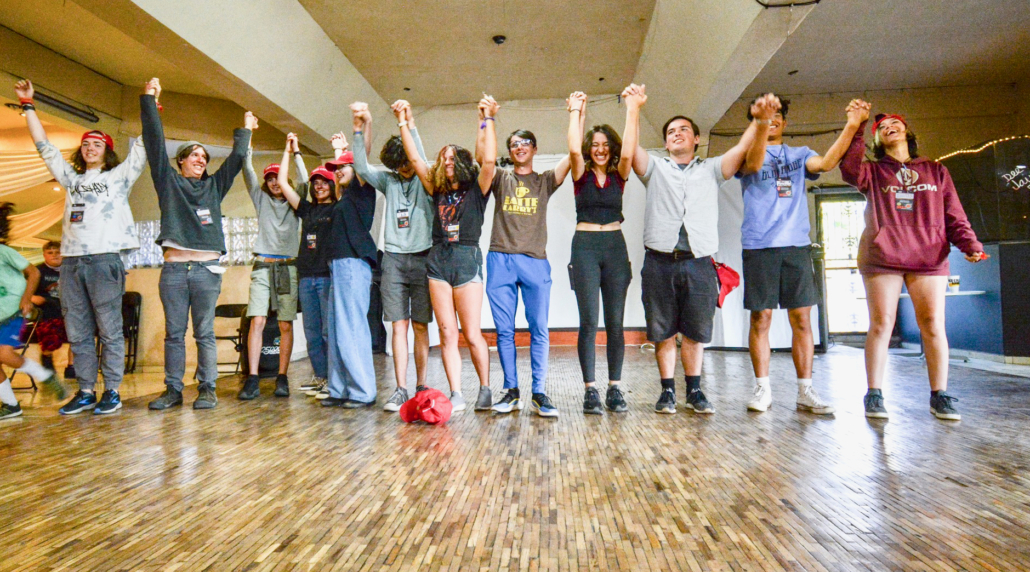
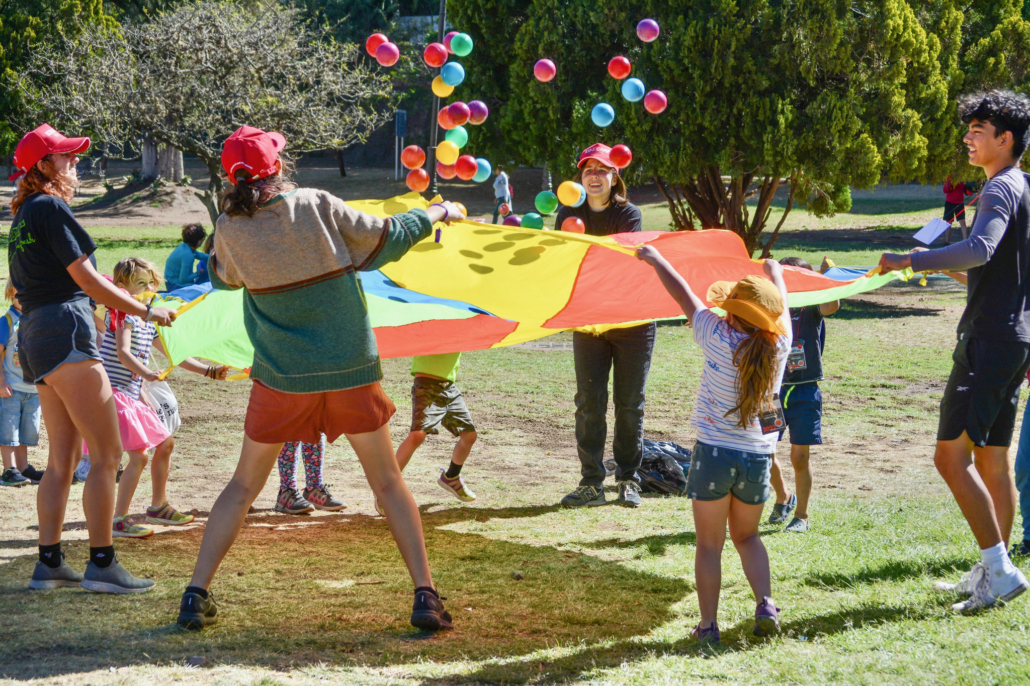
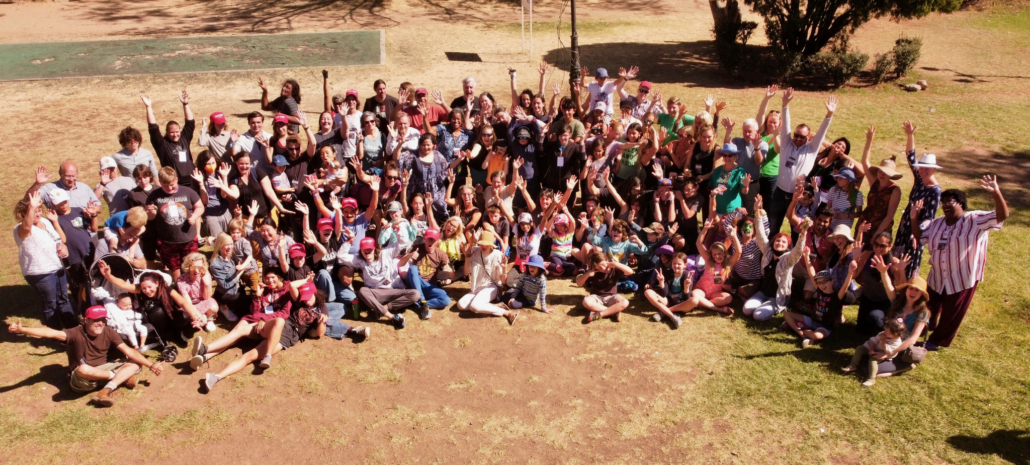
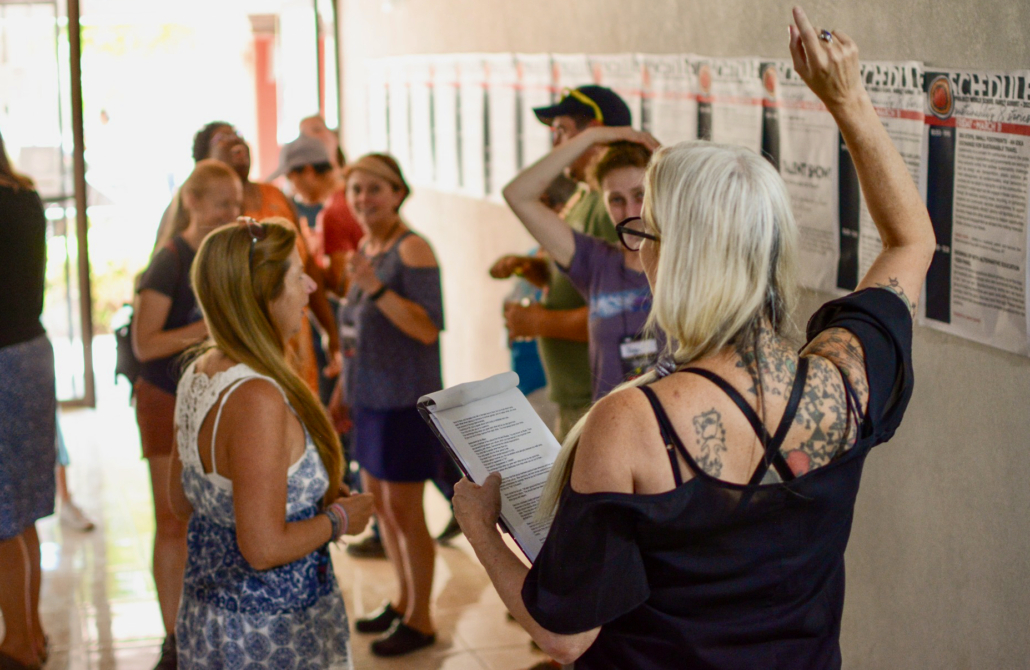
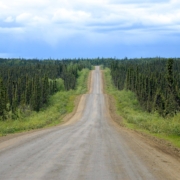
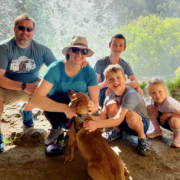

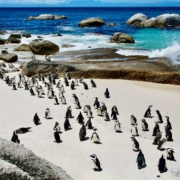
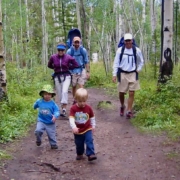
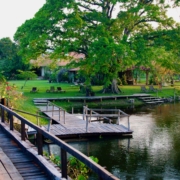
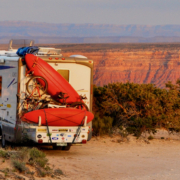
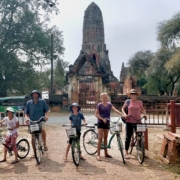


Leave a Reply
Want to join the discussion?Feel free to contribute!